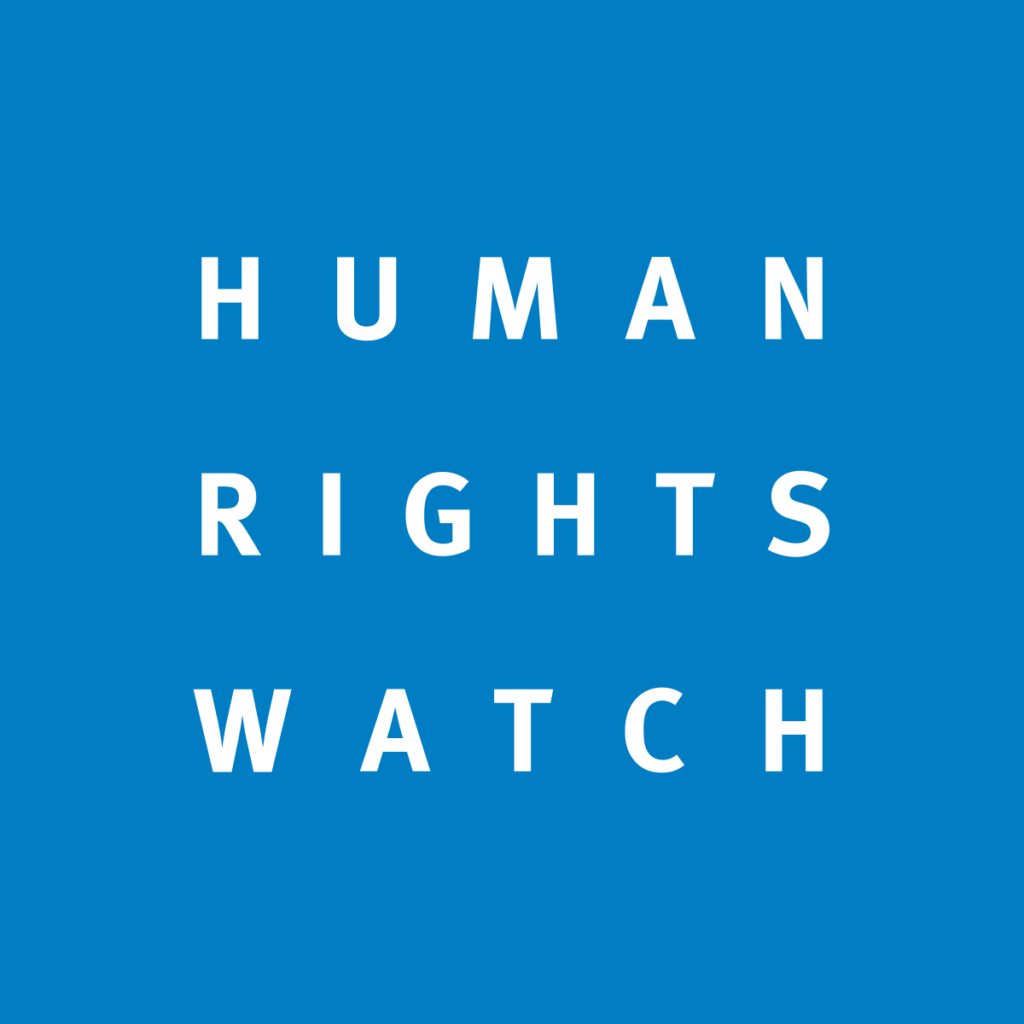HRW documents 260+ cases of sexual violence in Sudan capital

Human Rights Watch (HRW) issued a report on Sunday, accusing the Rapid Support Forces (RSF) of committing widespread acts of sexual violence in the areas of Khartoum state they control. According to HRW, both the RSF and their rival, the Sudanese Armed Forces (SAF), have attacked healthcare facilities and harassed healthcare workers and responders.
The 89-page report, ‘Khartoum is No Longer Safe for Women: Sexual Violence Against Women and Girls in Sudan’s Capital’, documents widespread sexual violence, instances of gang rape, forcing women and girls into marriage, and the rape of men and boys while in military detention.
HRW documented at least 262 cases of sexual violence, with victims ranging from 9 to 60 years old, over a 10-month period. 42 healthcare providers, social workers, psychologists, lawyers, and community responders were interviewed by HRW in Khartoum, the capital of Sudan, between September 2023 and February 2024. 18 of them “had provided direct medical care or psychosocial support to survivors of sexual violence”.
Service providers treating victims said that people bore immense physical, emotional, social, and psychological scars, some seeking help for “debilitating physical injuries they experienced during rapes and gang rapes”. Some of the interviewees told HRW they “heard reports from women and girls of being held by the RSF in conditions that could amount to sexual slavery”.
Some victims reported being raped by up to five RSF fighters. The RSF also abducted women and girls, detaining them in homes and other facilities they controlled in Khartoum and its sister cities Khartoum North (Khartoum Bahri) and Omdurman, where they were subjected to sexual violence and other abuses. In some cases, RSF members sexually assaulted women and girls in front of their families. RSF forces also forced women and girls into marriage.
“I slept with a knife under my pillow for months in fear from the raids that led to rape by the RSF,” a 20-year-old woman living in an area controlled by the RSF told HRW earlier this year. “Since this war started, it is not safe anymore for a woman to live in Khartoum under the RSF.”
Many victims faced significant difficulties obtaining abortions for rape-related pregnancies. Survivors exhibited symptoms of post-traumatic stress and depression, including suicidal thoughts, anxiety, fear, and insomnia.
“I spoke to a rape victim who had just discovered she was three months pregnant,” said a psychiatrist. “She was clearly shocked, shaken, and terrified of her family’s reaction. She told me, ‘If they find out about my condition, they will kill me.’”
Mohamed Osman, a researcher on Sudanese affairs at HRW, told Radio Dabanga that while the real number of cases cannot be confirmed, “there has been widespread sexual violence in Khartoum since the beginning of the conflict, targeting women, girls, and sometimes men. Most violations have been attributed to RSF members, but some were also attributed to the Sudanese army, especially in Omdurman”.
Targeting healthcare
HRW also documents how both warring parties, the army and the RSF, have targeted healthcare facilities, including hospitals, medical workers, and local volunteers. The warring parties have intimidated, detained, and attacked doctors, nurses, and emergency care volunteers. In several cases, RSF personnel committed sexual violence against female providers.
The Sudanese army has imposed a de facto siege on the capital since late 2023, amplifying the situation due to people struggling to reach necessary medical care.
Osman pointed out that the SAF continues to obstruct aid delivery through administrative orders, and delays in issuing visas and movement orders, particularly in areas controlled by the RSF, which is accused of looting warehouses and essential aid supplies.
HRW found that neither side has taken meaningful steps to prevent their forces from committing rape or attacking healthcare facilities and has failed to conduct independent and transparent investigations into these crimes. In an interview with Radio Dabanga, an advisor for the RSF denied allegations that hospitals or medical centres in Khartoum state had been occupied by the paramilitary group, without providing evidence that investigations into sexual violence had been opened or that those responsible were held accountable.











 and then
and then